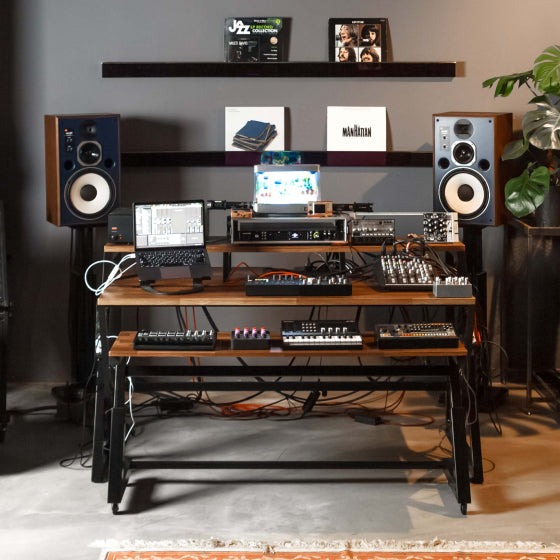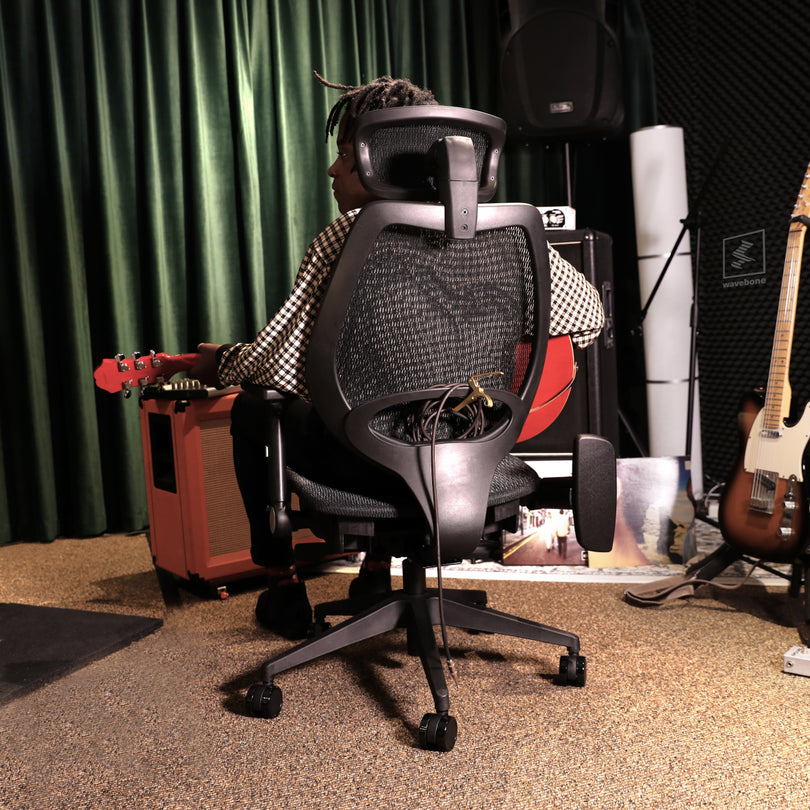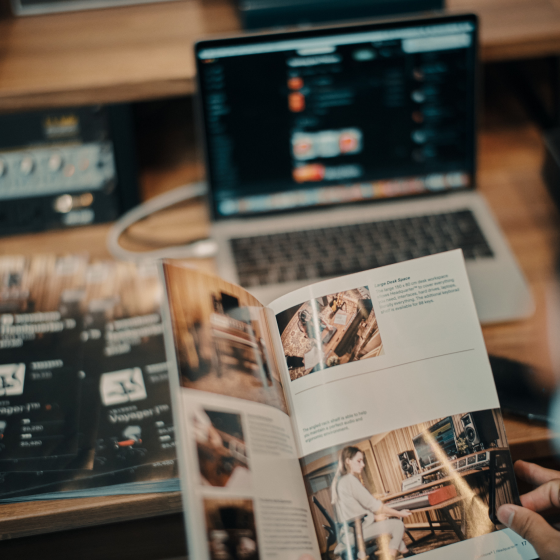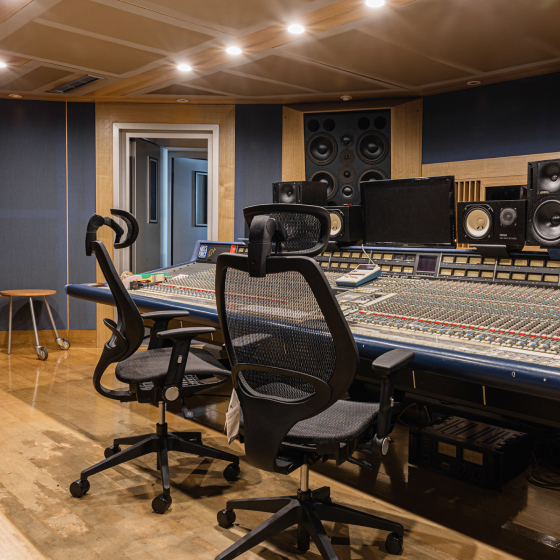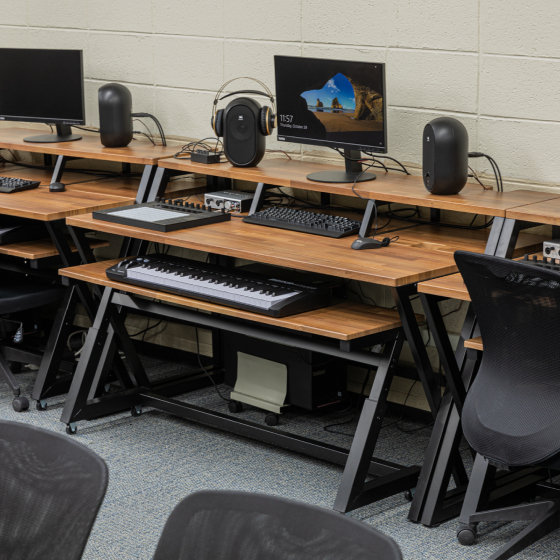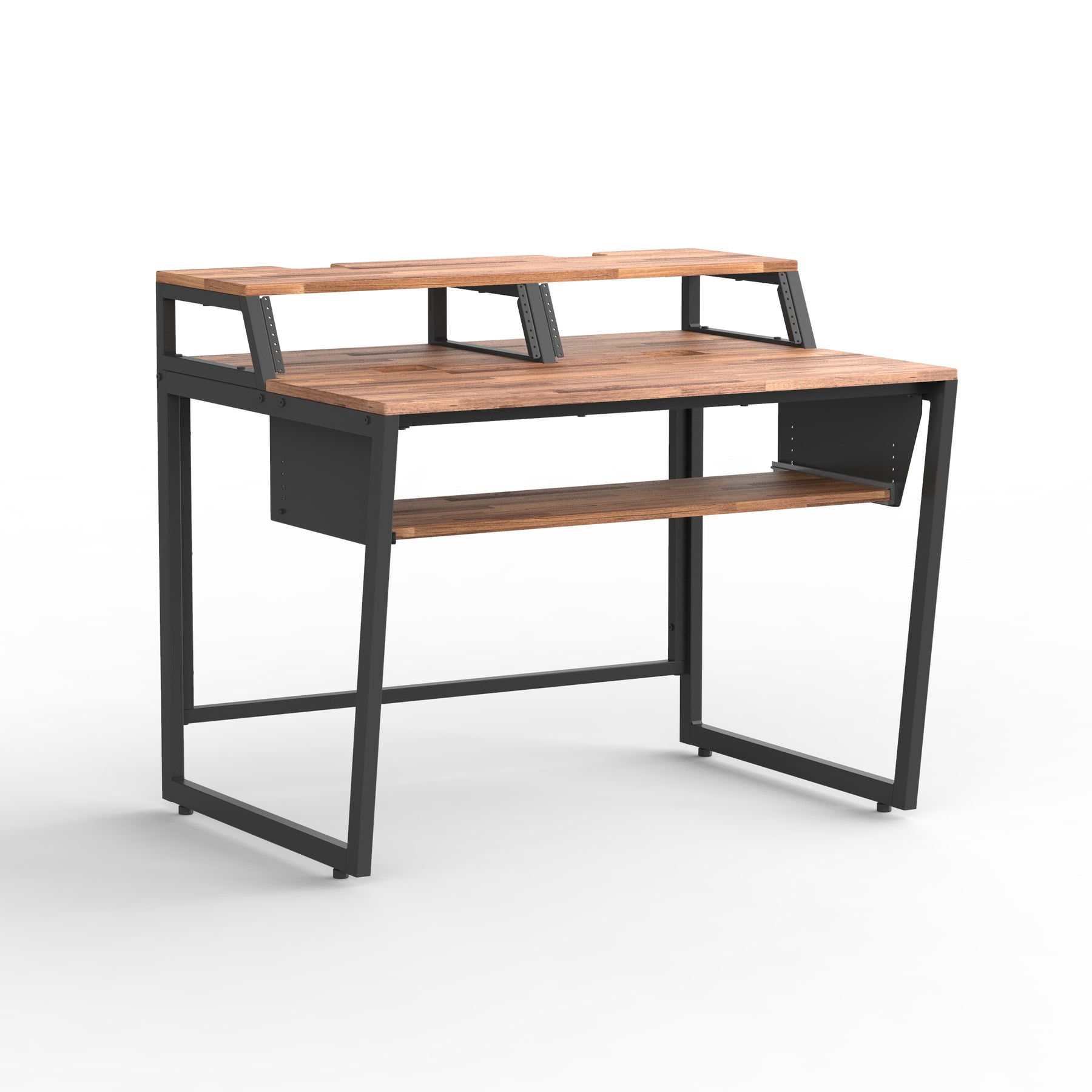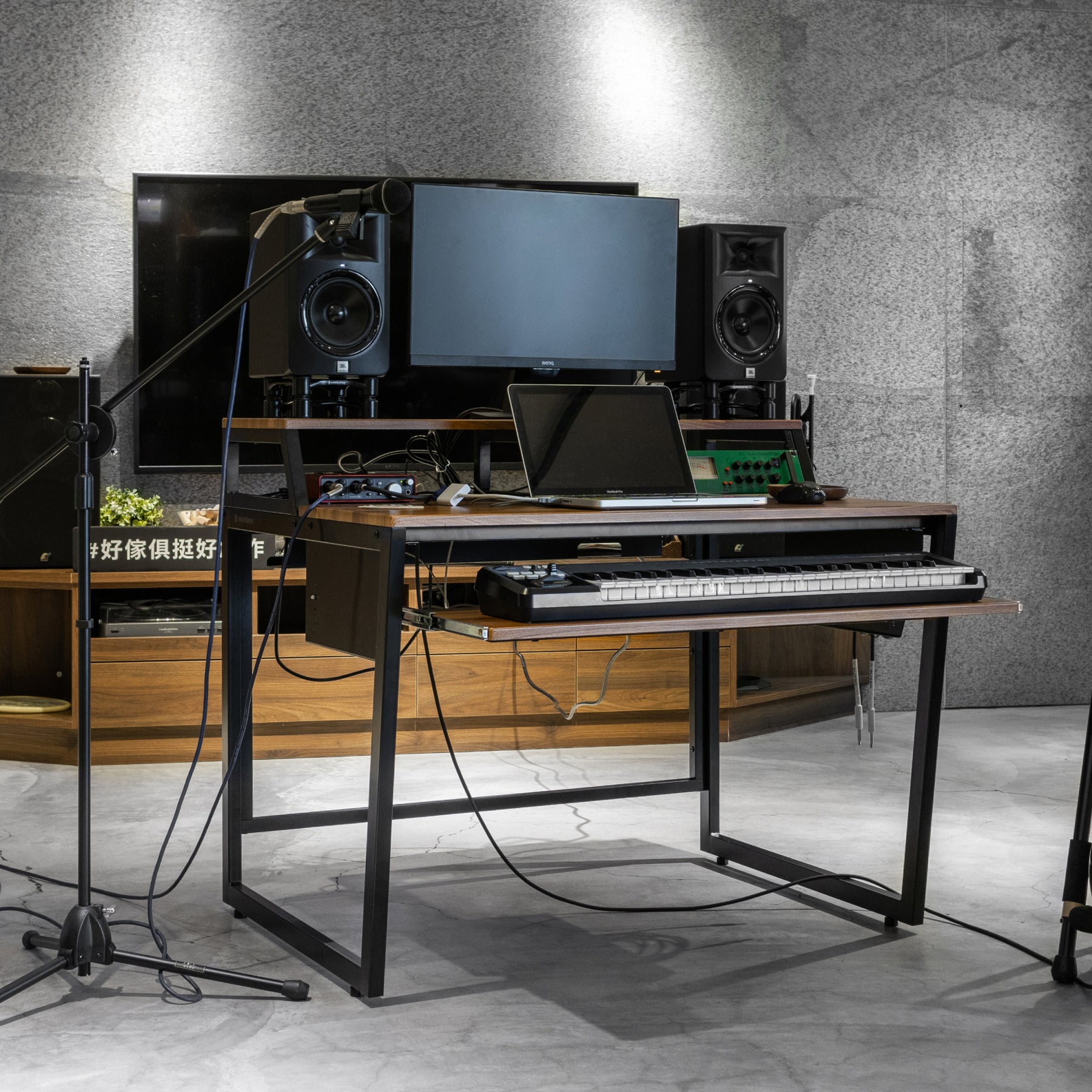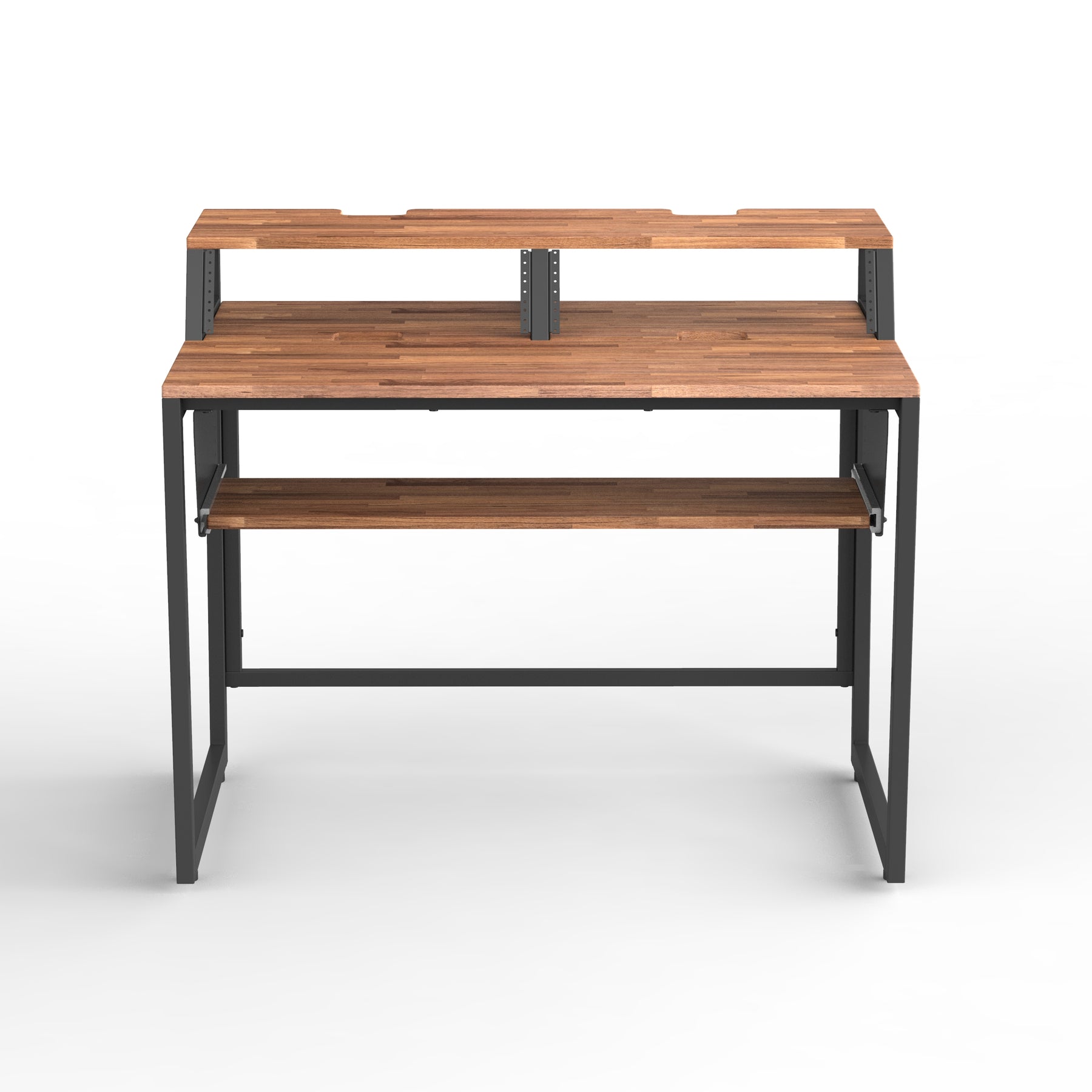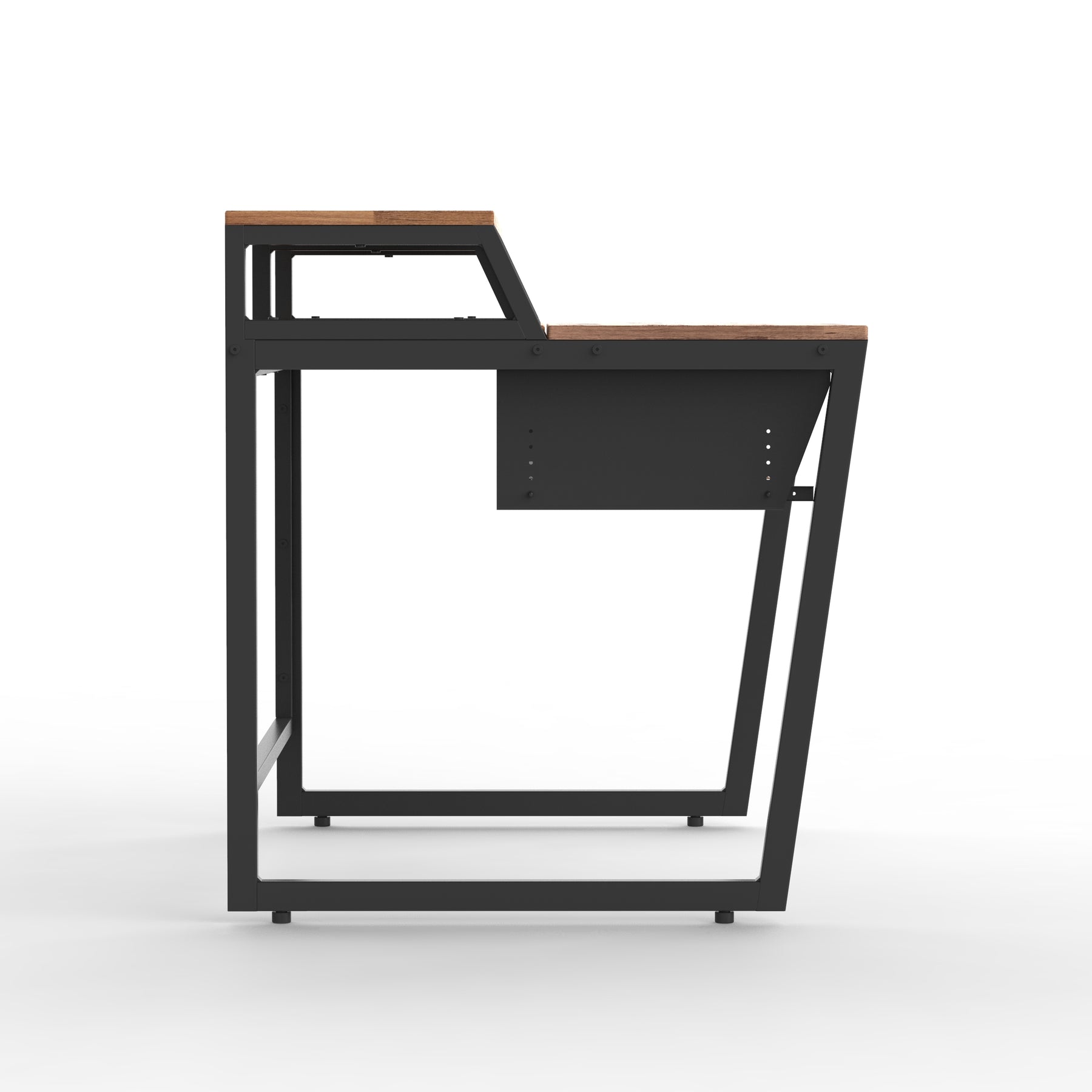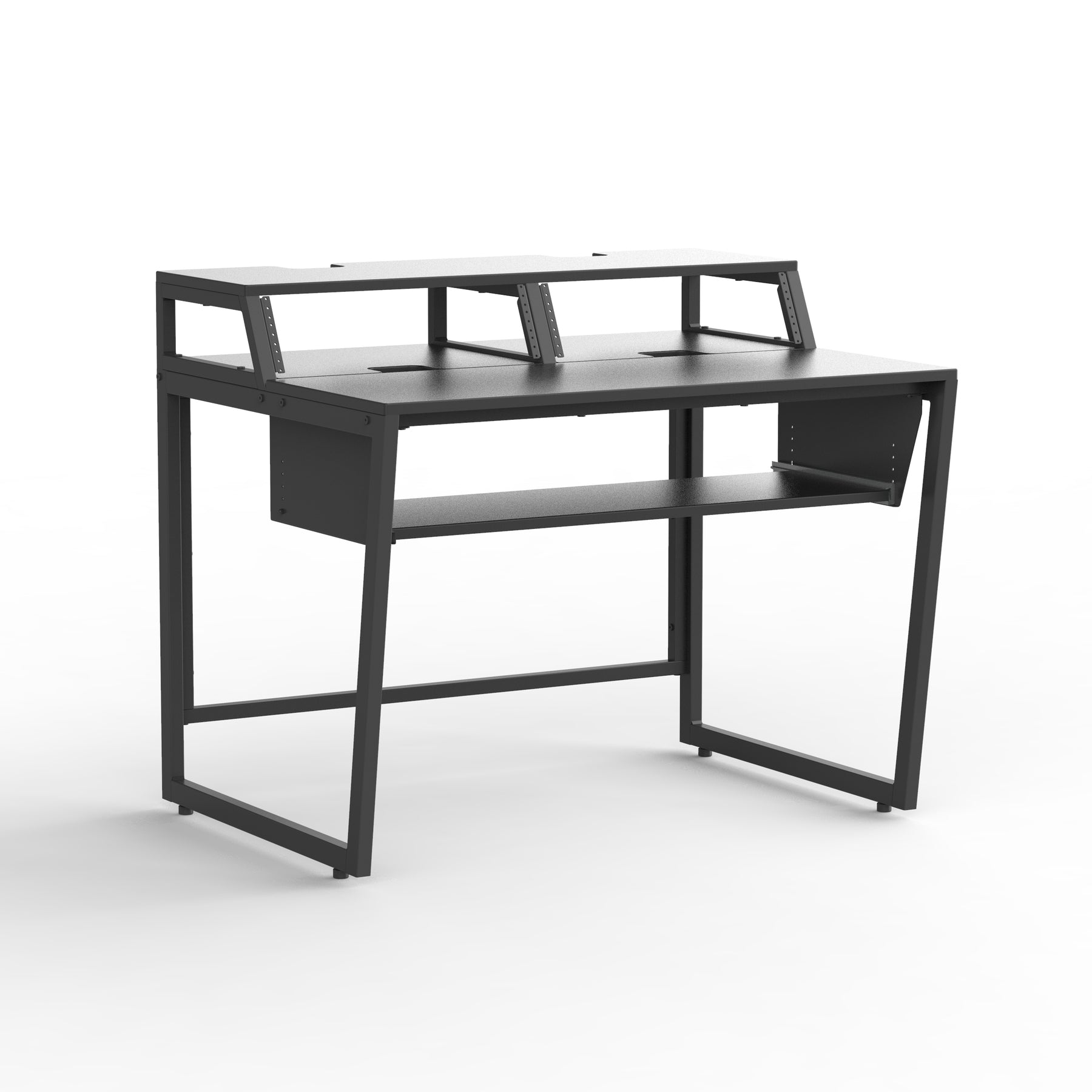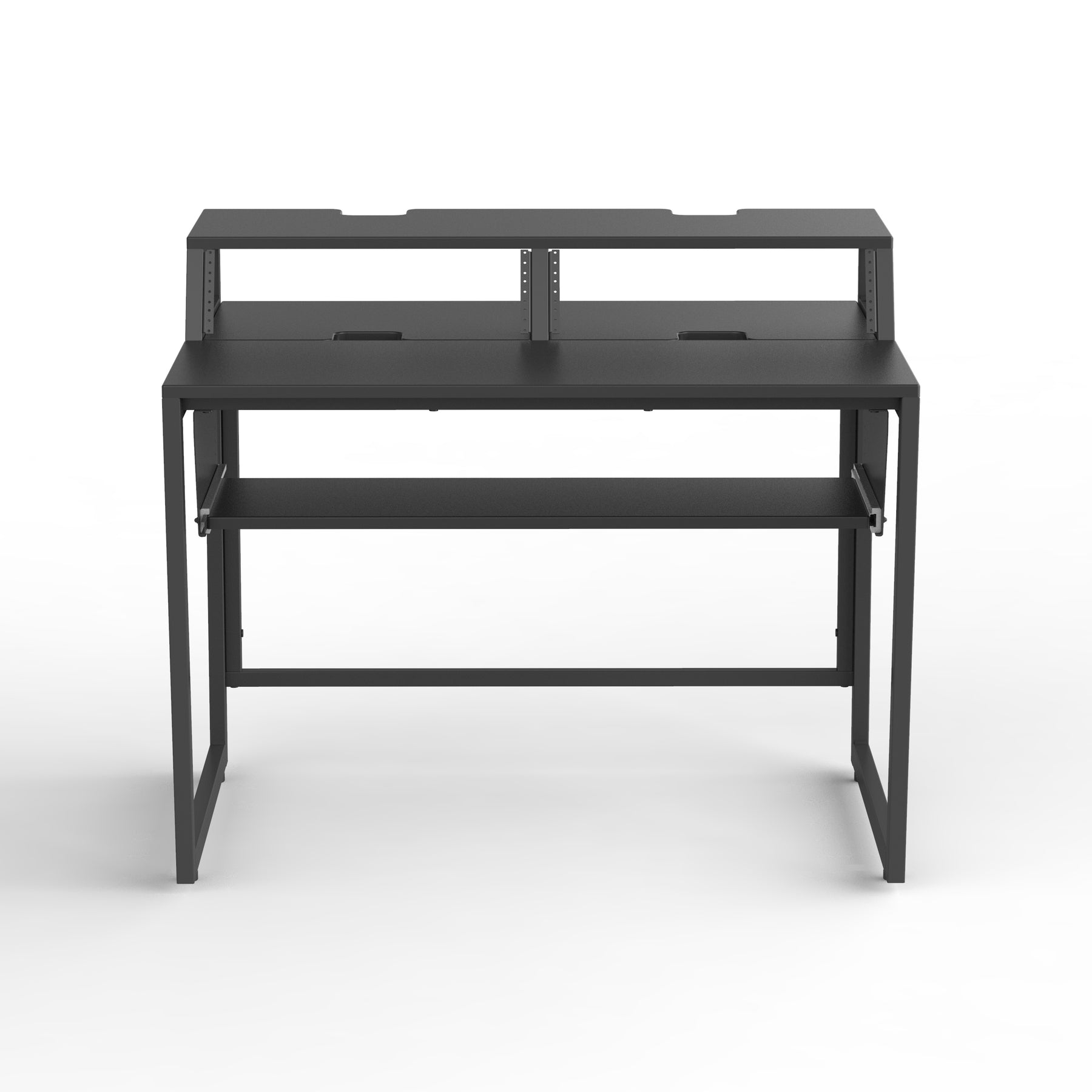Mixing Career along the way:
With Mark Parfitt
Mark Parfitt
Mix Engineer based in Los Angeles, CA. Mark has collaborated with top artists like Justin Bieber, SZA, Kehlani, Ty Dolla Sign, Snoop Dogg. He generously shares his journey to the top.
Discovering Wavebone
Mark:
I first came across Wavebone at NAMM and remember thinking, “Wow, these are really nice.” It was the kind of setup that I and many creators are looking for. There’s a demand for high-quality studio setups, and Wavebone is filling that gap.
My initial impression was confirmed when Tom Edwards from MixBusMarketing mentioned that he had been using some of your equipment and recommended it. That word of mouth really sparked my interest and made me want to explore further.

Choosing Between Large and Compact Studio Setups
Mark:
Personally, I lean towards staying in a smaller setup. I’m often working alone, mixing records on my own, so I don’t need anything massive. Even when I move to a new studio, the compact setup will still work perfectly for me. I’m a big fan of the Star Rover; it’s awesome, and I know it’ll continue to serve me well in the future.
That said, if I were working in a bigger recording room with multiple collaborators—producers, songwriters, artists—I might opt for a larger setup. But for now, I’m totally content with the smaller desk.


Wing vs. Fin Rack Case: A Personal Choice
Mark:
I went with the Wing Rack Case because I wanted something that offered flexibility. With the Wing, I can partition the studio into different sections and even take parts of my setup, like compressors or preamps, to other places if needed.
I also appreciate the modularity. When I move to a new space, I know I can stack more gear on top or beside it. I’m definitely planning on expanding, and the Wing is future-proof in that regard.
I do like the simplicity of the Fin, but for my current needs, the Wing makes more sense. It’s better suited to someone who wants to keep expanding over time.

The Rock Star Dream
Mark:
Oh, absolutely—I had the rock star dream. That’s how I got into recording in the first place. I played guitar and had my own bands with friends in high school. Naturally, as a band, we started recording music, and that’s when I fell in love with the process.
I realized that while I didn’t need to be a rock star, I loved the recording and mixing side of things. I preferred being behind the scenes, dealing with just the sound rather than being in the spotlight. But yeah, the dream was definitely there at first.

Becoming a Mixing Engineer
Mark:My career as a mixing engineer started after years of recording at major studios for publishing companies, record labels, and producers. It started really after just years of recording and just learning how to mix through the recording process. After some time I would advocate for myself to mix the song if I’m the one recording. You don’t always get a yes but when you do it’s another chance to refine your mix skills. Eventually the mixes start to outweigh or balance the recordings. But it wasn't always that way and it's extremely difficult to even keep it up all the time.
Working with Small vs. Big Artists
Mark:
There’s definitely a noticeable difference when you’re working with a major artist. With them, you’re not just dealing with the artist alone—you have their management, producers, songwriters, and a team of musicians who contribute to the project. Sometimes, you even need to rent out studios, bring in instruments, or hire session musicians. The stakes are much higher in these cases, and with that comes a greater expectation. The whole process becomes more complex, and you’re constantly “on,” which kind of changes the music a little bit.
However, once you get to certain stage with some bigger artists, it does get to the point that they’re just simply collaborating. It just takes time to find the right people to work with, where it doesn’t feel like work or pressure. It’s always fascinating how different it can be working with different people and different personalities.
On the flip side, smaller artists don’t have as high of expectations. They’re usually much more low-key, which makes them easy to work with. There’s not a wall built up - so to speak. You can have more say in the process and be more open overall. There's a lot of truly incredible music being made by smaller, independent artists and I enjoy working with all talent regardless of following.
Promoting on Social Media
Mark:
People might see a musician doing a live session, streaming on Twitch, or breaking down a mix in a video and think, “Wow, that’s really cool! Maybe I should reach out and see if he/she can work on my next project.” That’s where the culture is at this point—people naturally start to gravitate towards what they see online. It’s definitely a different landscape compared to when I started back in 2014 when I finished school. I was already working in a professional studio where my school had placed me and things have changed rapidly. This was right around the early days of Instagram—and it hadn't been advertised or I didn’t know much about social media promotion back then, and neither did most of the other engineers.
I guess I’m a bit old-school. For me, the best projects have always come from word-of-mouth—phone calls, texts, in-person connections—starting with a recording session, followed by the client liking the mix, and then someone else hearing it and recommending me. That’s always felt like the most genuine way to build connections.

Advice for preparing for the Music Industry
Mark:
Thriving in the music industry often feels like a combination of pure luck and preparation. You have to create opportunities for yourself and be ready when they come randomly. For me, if something isn’t happening naturally, I try to curate those moments.
When it comes to fast-tracking your career, attending music school can be a great option. A quality program gives you a foundation and a safe space to make mistakes without risking your career. However, finding someone local who’s better than you—whether it’s in producing, engineering, or writing—can be just as valuable. You could assist them and learn firsthand how a professional operates. In fact, by doing projects for people in your area, you might gain enough experience and referrals that formal education becomes unnecessary.
Finally, I believe the U.S. is still the best place to do it, you need to imprint yourself into a music environment. While some people manage to succeed remotely, the chances of success are so much higher when you’re physically in the scene. So much of the industry operates at the moment—whether it’s a producer calling you to work on a project or an artist needs to overdub something. Being in a music hub allows you to seize those opportunities immediately, rather than waiting for someone to fly in or coordinate remotely. Of course, everyone’s journey is different, you have to set yourself up for those moments because they won’t just come to you.


